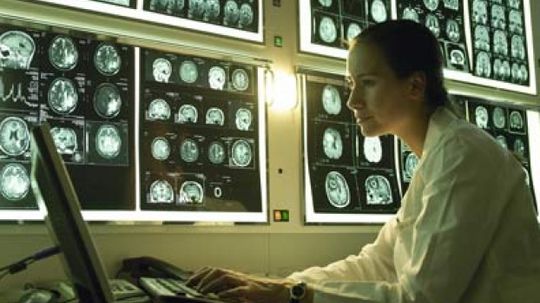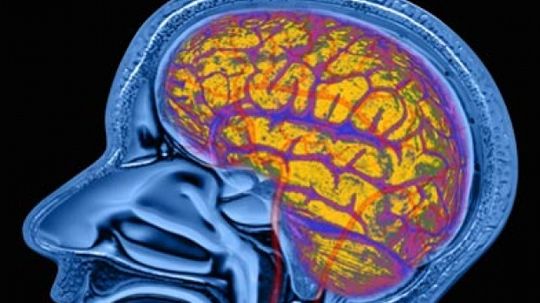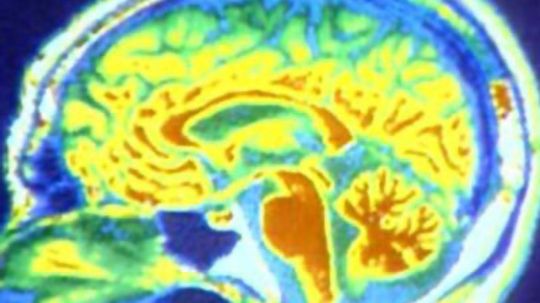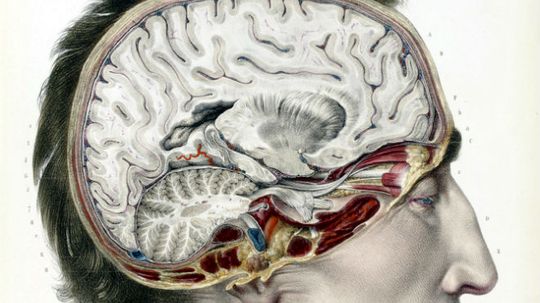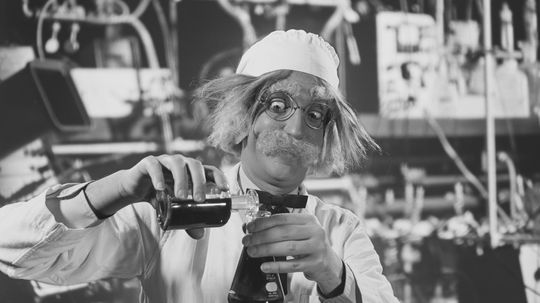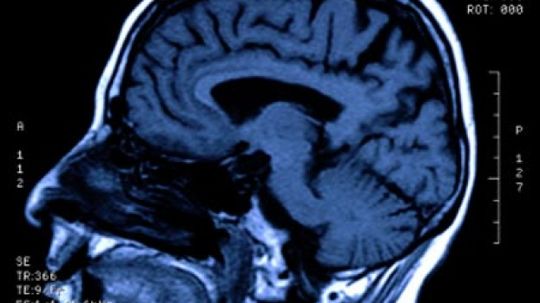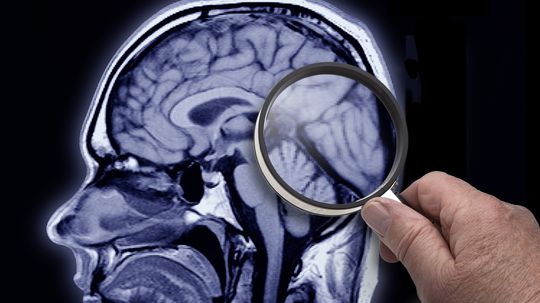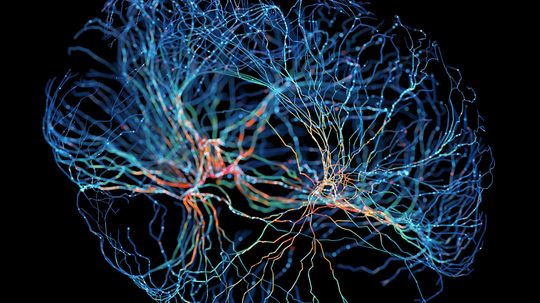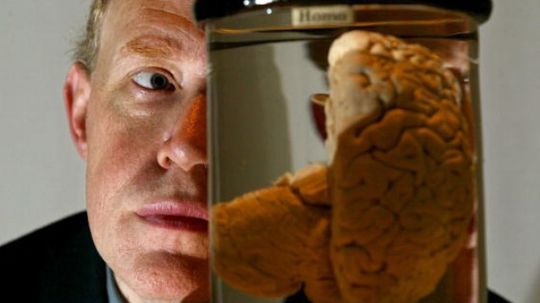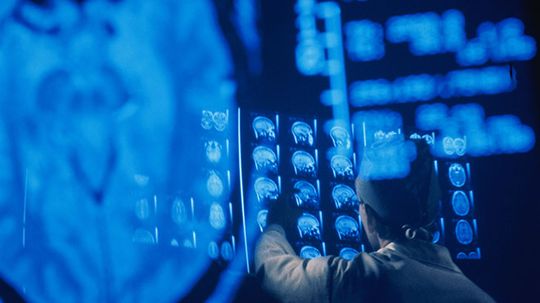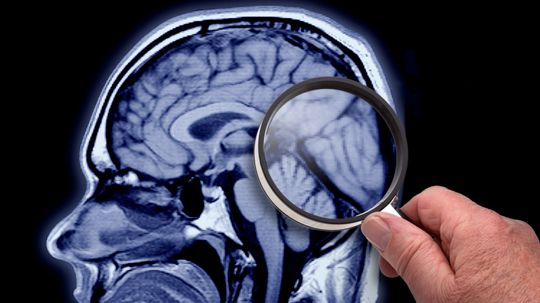The Human Brain
What are dreams really made of? Are humans the smartest animal? What causes schizophrenia? Travel inside the mind and find out how the human brain works.
Learn More / Page 2
Do gender differences go beyond our reproductive organs? Popular culture would have you believe that men are from Mars, while women call Venus their planet of birth. Is it possible to finish the argument of nature versus nurture?
Compare neuroscientists with crackerjack detectives like Nancy Drew and Hercule Poirot, and the brain docs might come up short. After all, they have yet to crack the case on five big brain mysteries.
You only use 10 percent of that big, wrinkled mass of smarts -- unless you listen to Mozart. At least, that's what we've heard about the brain. But how many common brain beliefs are just plain wrong?
Advertisement
Parents just don't understand. Scientists didn't understand either, until they got a good look inside the teenage brain -- and what they saw turned what we thought we knew on its head.
When you see someone else yawn, you often find yourself doing it. Yawning is contagious. But what does that have to do with the ability to feel empathy?
By Josh Clark
With an ever-increasing number of studies finding a direct connection between sleep deprivation and weight gain, it's difficult to deny the cause-and-effect relationship.
By Julia Layton
Even if you're very ticklish, you probably are incapable of tickling yourself. Learn why.
Advertisement
Whether brain death is a result of cardiac arrest and lack of oxygen to the brain, or of a gunshot wound to the head, the diagnosis is the same. Learn what the term "brain dead" actually means.
Every animal you can think of -- mammals, birds, reptiles, fish, amphibians -- all have brains. But the human brain is unique. It gives us the power to think, plan, speak and imagine.
The term IQ typically refers to a score on a test that measures someone's cognitive ability. What does this test constitute exactly? And does it accurately measure intelligence?
By Alia Hoyt
In the past, applying electricity to the brain was a painful measure of last resort. Now with lower power and electrodes surgically planted deep within the brain, it could be the answer to many debilitating diseases.
Advertisement
If you could control your dreams, what would you do? Grow wings and fly, travel to ancient Rome, dine with Marilyn Monroe, open opera season at the Met? It could be possible.
By Katie Lambert & Sascha Bos
One of the top-prescribed sleeping pills may cause you to shuffle out of bed and sleepwalk to the fridge. Could Ambien be making you sleepy and hungry?
Memory is your only personal record of the past and of who you are as an individual. What if you woke up one morning and your memory was gone?
Can your mirror lie? Though loved ones reassure you that your appearance is normal, all you see is your flawed, monstrous reflection. This is life with body dysmorphic disorder.
Advertisement
You may vaguely remember hurting your knee at the age of 3, but do you recall the moment your body burst into the world? Most likely not. Why are our first years devoid of memories?
People with schizophrenia can experience delusions, hallucinations and paranoia. But they don't have to suffer social isolation. Find out what successful treatments can help people with the disorder.
By Jane McGrath
In the wild, are brains better than brawn? Find out when your fight-or-flight response is your friend and when it's your enemy.
Brain mapping attempts to provide a complete picture of the brain's structure, but few know how brain mapping works. Learn how brain mapping works.
By Susan L. Nasr & Sascha Bos
Advertisement
If bigger is better, then some of us have the advantage when it comes to brainpower. Human brains (and noggins) don't all look the same. Does size really matter? And if it does, who comes out on top?
Imagine feeling like you were born into the wrong body. People with gender identity disorder (GID) suffer persistent dissatisfaction with their gender identity. But is it fair to call GID a psychological disorder?
Learn the physiological processes that trigger a coma, how an actual coma differs from television depictions and how often people awaken after months or even years of being in a coma.
While most psychologists believe that brainwashing is possible under the right conditions, some see it as improbable or at least as a less severe form of influence than the media portrays it to be. So how does someone get brainwashed?
By Julia Layton & Alia Hoyt
Advertisement
To achieve stability despite quick eye movements, the eyes take before and after shots of an image and compare them. Now, scientists may have finally discovered how.
By Julia Layton
Stress is just around every corner for most of us these days. Reducing it requires you to learn the various types of stress, their different causes and how to deal with them.

